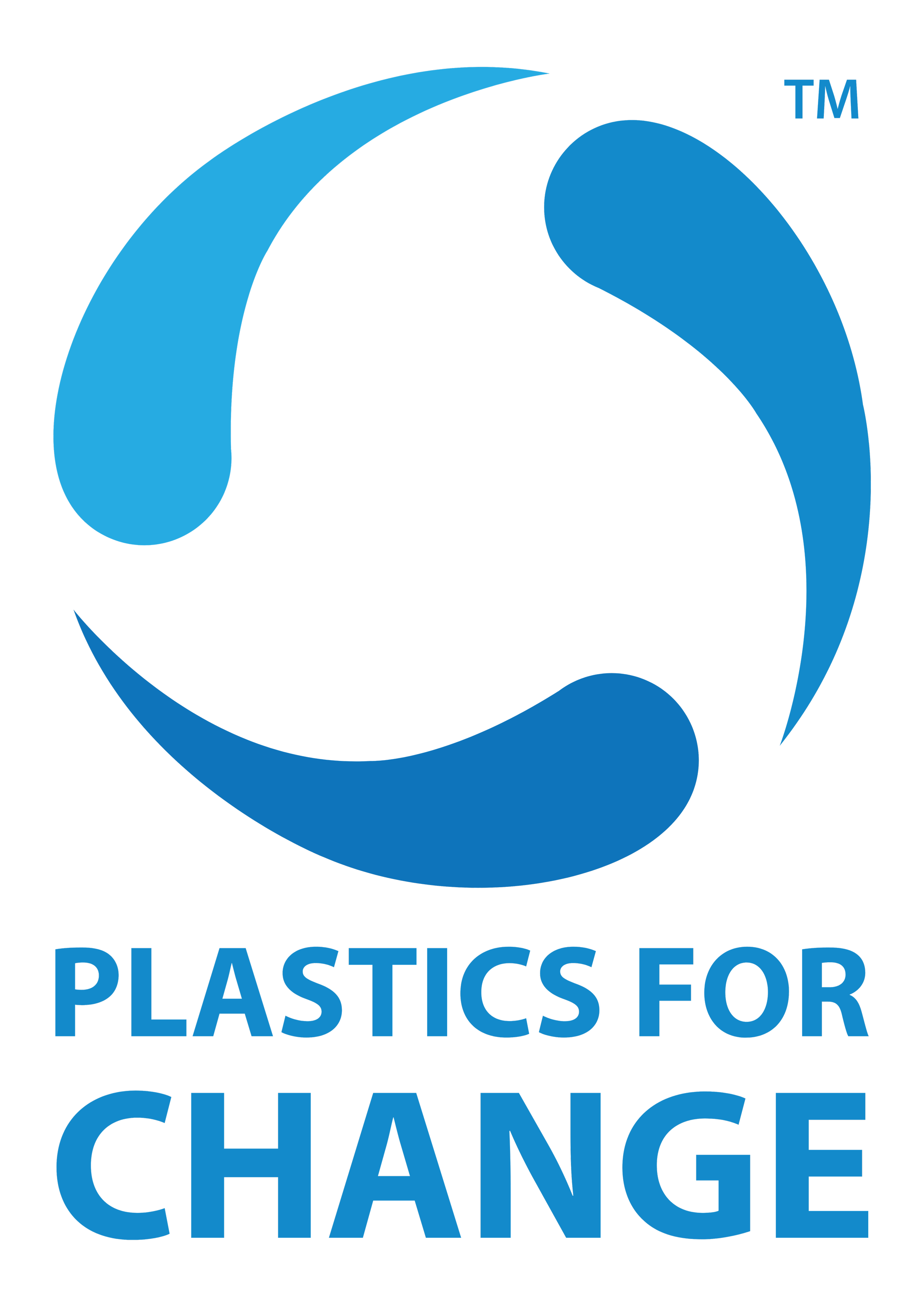According to the World Bank, the global financing gap to achieve a circular plastics economy ranges from USD 426 billion to USD 1.2 trillion by 2040. Plastic credits offer a scalable pathway to channel corporate and institutional capital directly into verified waste recovery and recycling projects.
Read MoreExtended Producer Responsibility is a policy approach that extends a producer’s responsibility for a product to the post-consumer stage of its lifecycle. In simpler terms, it means that companies that manufacture, import, or sell plastic products are also responsible for collecting and recycling those products after consumers are done with them.
Read MoreEPR is a policy approach that makes producers responsible for the environmental footprint of their products from creation to disposal. It compels companies to actively manage, collect, and recycle waste from their products, fostering sustainable production and consumption patterns. Key components of EPR include lifecycle accountability, encouraging sustainable product design, and reducing environmental impact through a circular economy approach.
Read More


